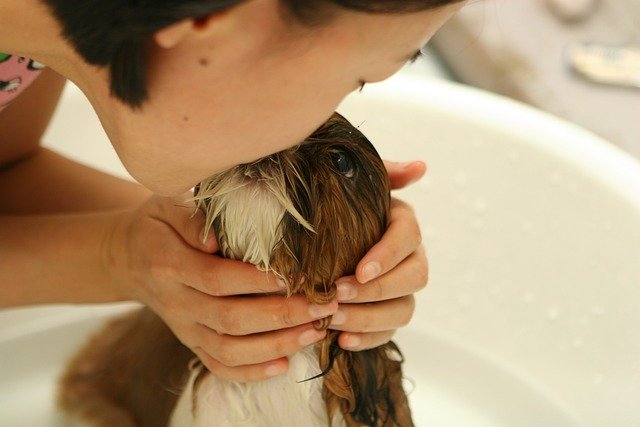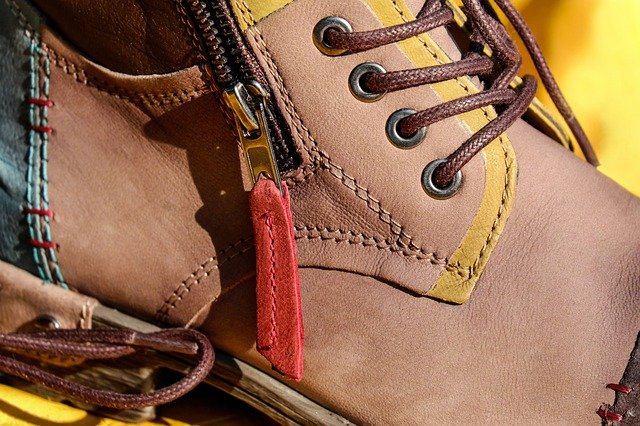Mini Yorkies for Sale — How to Find, Evaluate, and Care for Small Yorkshire Terriers
Mini Yorkshire Terriers, often called teacup Yorkies, are beloved for their compact size and spirited personalities. These tiny companions typically weigh between 2-4 pounds when fully grown, making them ideal for apartment living and those seeking a portable pet. However, finding a healthy mini Yorkie requires careful research, as their small size can lead to specific health challenges that potential owners must understand before making a commitment.

Finding the perfect mini Yorkshire Terrier requires patience, research, and a thorough understanding of what makes these tiny dogs special. Their diminutive size comes with both advantages and responsibilities that every potential owner should consider carefully.
Where to Find Reputable Mini Yorkie Breeders, Rescues, and Listings
Locating trustworthy sources for mini Yorkies involves exploring multiple avenues. Reputable breeders typically maintain detailed records, provide health guarantees, and allow visits to see the puppy’s living conditions. The American Kennel Club (AKC) maintains a breeder directory that can help identify registered breeders in your area. Local kennel clubs and Yorkshire Terrier specialty organizations also provide valuable referrals to ethical breeders.
Rescue organizations offer another excellent option for finding mini Yorkies. Yorkshire Terrier rescue groups specialize in rehoming these dogs and often have smaller Yorkies available. Petfinder and Adopt-a-Pet websites aggregate listings from shelters and rescue organizations nationwide, making it easier to locate available dogs.
Health Checks, Vaccination Records, Pedigree and Genetic Screening to Request
Proper health documentation is essential when acquiring a mini Yorkie. Request complete vaccination records showing age-appropriate immunizations including distemper, parvovirus, adenovirus, and rabies vaccines. A recent veterinary health certificate should accompany any puppy, confirming the dog’s current health status.
Genetic screening becomes particularly important with mini Yorkies due to their increased risk of hereditary conditions. Ask for parent health clearances for luxating patella, progressive retinal atrophy, and liver shunt conditions. Reputable breeders conduct these tests and provide documentation. Additionally, request the puppy’s pedigree papers, which trace the dog’s lineage and can indicate potential genetic predispositions.
Typical Costs, Ongoing Expenses, and What’s Usually Included with Purchase
Mini Yorkie pricing varies significantly based on factors including breeder reputation, pedigree, and geographic location. Understanding these costs helps budget appropriately for both initial purchase and ongoing care.
| Source Type | Price Range | Included Items | Additional Considerations |
|---|---|---|---|
| Reputable Breeder | $1,200-$3,500 | Health certificate, vaccinations, microchip, starter kit | Higher end for champion bloodlines |
| Pet Store | $800-$2,500 | Basic health guarantee, some supplies | Limited health history available |
| Rescue Organization | $200-$800 | Spay/neuter, vaccinations, health check | May include behavioral assessment |
| Online Classifieds | $300-$1,500 | Varies significantly | Higher risk of scams or puppy mills |
Prices, rates, or cost estimates mentioned in this article are based on the latest available information but may change over time. Independent research is advised before making financial decisions.
Ongoing expenses include premium small-breed dog food ($300-500 annually), regular veterinary care ($500-1,200 yearly), professional grooming ($400-800 annually), and potential emergency medical costs which can reach thousands of dollars for conditions common in mini breeds.
Long-term Care: Grooming, Training, Exercise and Common Health Considerations
Mini Yorkies require specialized care due to their size and coat characteristics. Their silky coat needs daily brushing to prevent matting and professional grooming every 6-8 weeks. Many owners opt for shorter “puppy cuts” to reduce maintenance while preserving the breed’s distinctive appearance.
Training should begin early, focusing on housebreaking challenges common in toy breeds. Positive reinforcement works best, as harsh corrections can intimidate these small dogs. Socialization proves crucial for preventing small dog syndrome behaviors like excessive barking or aggression toward larger dogs.
Exercise needs are moderate but important. Short walks and indoor play typically suffice, but avoid overexertion in extreme temperatures. Mini Yorkies are prone to hypoglycemia, luxating patella, tracheal collapse, and dental issues requiring vigilant monitoring and preventive care.
Red Flags, Common Scams, and Essential Questions to Ask Before Buying
Several warning signs indicate potentially problematic sellers. Avoid breeders who won’t allow facility visits, cannot provide health documentation, or have multiple litters available simultaneously. Extremely low prices often indicate puppy mill operations or health-compromised animals.
Online scams frequently target mini Yorkie buyers due to high demand. Be wary of sellers requesting full payment before meeting the dog, shipping arrangements without video calls, or prices significantly below market rates. Legitimate sellers encourage questions and provide extensive information about their breeding practices.
Essential questions include asking about the puppy’s parents’ health clearances, viewing the mother with the litter, understanding the return policy if health issues arise, and confirming ongoing breeder support. Reputable sources welcome these inquiries and provide comprehensive answers.
Choosing a mini Yorkshire Terrier represents a long-term commitment requiring careful consideration of their unique needs. Through thorough research, proper health screening, and realistic cost planning, potential owners can find a healthy companion that will bring years of joy while receiving the specialized care these remarkable small dogs deserve.




